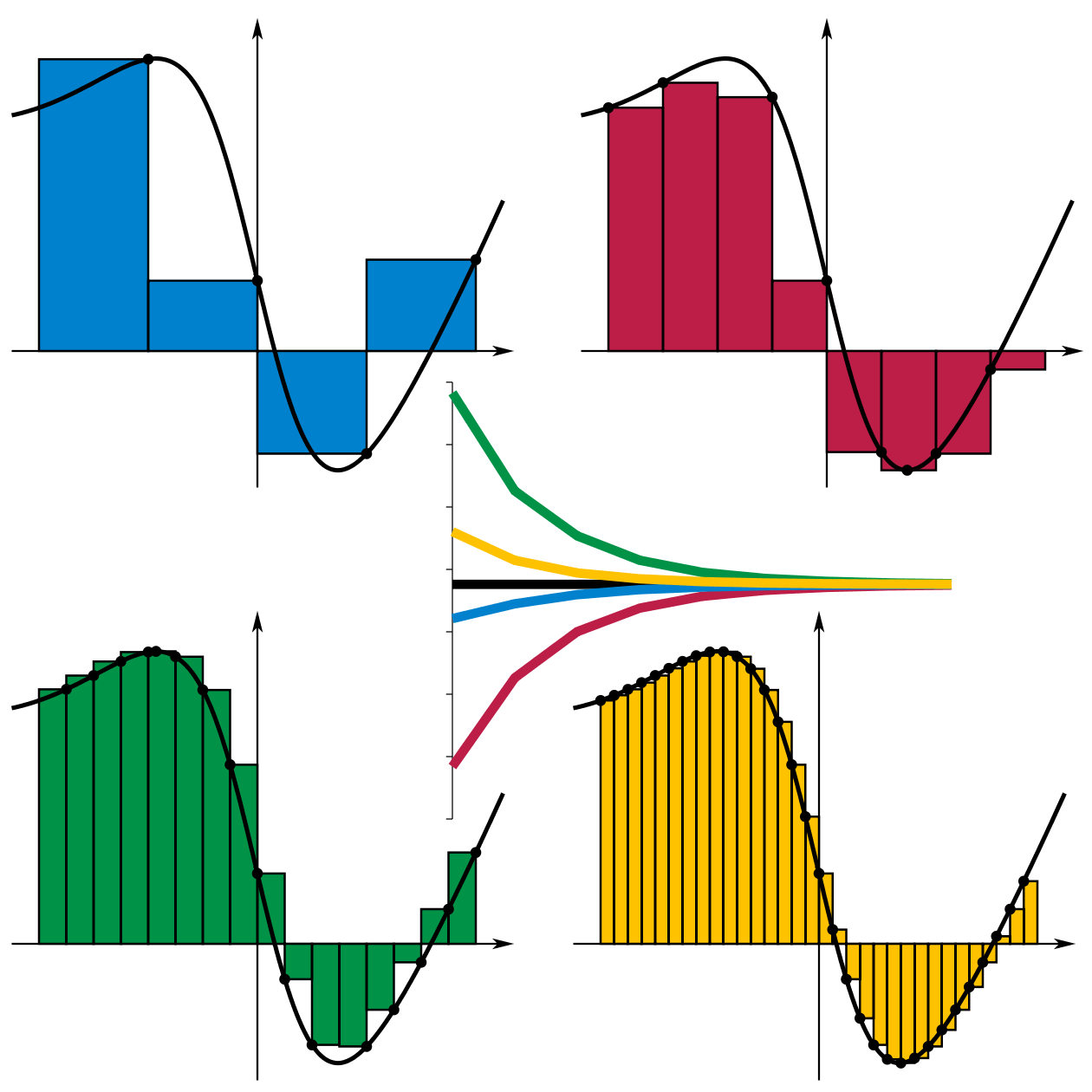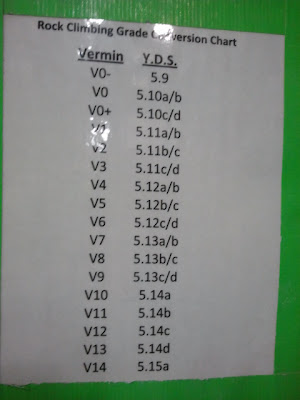Evolving capitalism with ethical attributes
Go read my legal disclaimer. Great! Lets move on now.
Its no secret, capitalism as we know it is broken. I don't have a concrete solution for it, however, I believe we together should help correct it by objectively taking into consideration ethical attributes and considering their gains as complementary to typical capitalism rewards (RoI, capital gains) using Econometrics. The idea is inspired by vgg313's idea on a quantitative society, and piggy backs on top of recent posts by Michael O. Church's recent posts on breaking down capitalism into three categories. My own realization on how capitalism is broken came to me upon trying to figure out why certain ethical objectives could not possibly be taken seriously as core parts of modern business models, in particular why there was no viable existing business model for a free software license such as the AGPL which would make source code open even for web services. We have a series of open kernels (Linux, BSDs) why don't modern business models exist with open web services? For example why can't Google open up gmail source code, or why doesn't Facebook open up their code and if not them, why won't any others try to compete with such models? I consider software freedoms as ethical attributes, I'll review a bit more why I believe this but in the general case the question still stands. What is preventing modern businesses from investing into business models that prioritize certain ethical attributes? Other examples of ethical attributes: sustainability (being green, eco-friendly, reducing CO2 emissions), racial equality, gender equality, gay rights.
What is it that is preventing innovative business models to thrive on ethical behavior?Ethical attributes must first be educated, you need to win on the philosophical front first. Its should be obvious today that racial equality and gender equality are important and generally most folks agree with them. Gay rights and software freedoms however are not acknowledged by everybody, although certain corporations do respect these rights. The second obvious issue, rent-seekers. Those obviously need to just die out and part of the solution to that is fixing corruption. To get a sense of what corruption looks like fortunately we have even math behind that today, check out the Corruption Perception Index. Even if corruption in the US doesn't seem as bad as in other countries its still present and we have to fight it. Its no surprise that after creating the Creative Commons Lawrence Lessig went off to prioritize working on eliminating corruption next. For a simple technical idea to help with corruption in politics see the idea of making your e-mail public. If we had corruption solved, what next? If you are working in industries where corruption is not a huge obstacle, what is the issue? There are a few answers to this, part of one I have thought up of is that of what Chomsky describes as collateral to the Military Industrial Complex -- the technology development. I rather keep these two separate and would consider technology development as part of its own Technology Industrial Complex given that any country can engage on these practices. What else is standing in the way!?
Despite corruption and industrial complexes, why can't we act ethically in capitalism?Its quite simple: capitalism is completely focused around seeking improvements on some sort of rewards that are ultimately attached to monetary gains (RoI, capital gains) -- alternative gains are considered but always subjectively. I'm not the first to point this out. The first huge effort in the industry that has visible impact today is that of the idea of Natural Capitalism. The idea was formalized by a book under the same title published September 30, 1999 that "describe the global economy as being dependent on natural resources and ecosystem services that nature provides". In the same month we saw the development of metrics designed to gauge performance by corporations on sustainability through the Dow Jones Sustainability Index. There are known issues with that index, like the fact that information used is fed by corporation themselves. We can do better but more importantly there are other ethical attributes we should consider other than sustainability.
But How?
We need math! In particular we need first to define the math behind specific ethical attributes. I took a class by Tom Gilb (@imtomglib) on how to help evaluate requirements for projects and in it I learned about mechanisms he uses and educates to help folks make things that are likely considered subjective objective. I learned only briefly about the science he's worked on and something he calls Planguage. If interested go check out one of his books. Upon review with Tom on the potential of the science in his work to ethical attributes and how I envisioned the community helping with this he expressed all his processes are "open source" and as he saw it can be used by communities / businesses openly. Please let me know if you are aware of other techniques, they must exist and I want to document it. The real difficulty then not lies in the science behind how to evaluate attributes and create a direct appreciation of a value for them, Planguage is an example. The difficulty then lies in the actual work and logic to consider and break down subject matter into different attributes and values, someone or a group has to do this grinding intensive work. A good example of this is how Pandora, the United States music service, has broken down music into a set of about 400 musical attributes and possible values for each attribute. They pay folks to do analysis of each song. You can create a station and based on these attributes and your preference for thumbing songs up/down and adding feeds to stations they do some math behind the scenes to help evaluate and predict the best next musical choice for users. The collection of Pandora's breakdown of music into about ~400 attributes is known as the Pandora Music Genome Project. My point is this is the type of hard grinding work we need to do for ethical attributes and so far we likely only have grinding work done only for sustainability. After we break down an ethical attribute objectively we need to evolve Econometrics to take into consideration ethical attributes other than sustainability. I believe we likely can leverage usage of the mathematics behind Natural Capitalism and pushing for sustainability for other ethical attributes. If the mathematics behind leading efforts on sustainability are private we must come up with alternatives. Advances on metrics on sustainability and capital are ongoing, one example is the upcoming conference, "New metrics on sustainability", scheduled towards the end of September, 2013. There is so much math can do for us in these realms. One friend pointed out Graph Theory could likely be used to deduce critical aspects that can ensure long term capital gains in consideration for ethical attributes. If we can use math to build mathematical proofs on relationships between ethical attributes and capital gains I wonder if proofs for one ethical attribute can be transposed to be used for other ethical attributes (for that look at Homotopy Type Theory). In the end we may even be able to use constructive mathematics on large data sets and indexes to build determinations using computation. Math. We need tons of math.
Requirements:
- all this data to become readily available under a reasonable license
- driven by uncorrupt non profit organizations that specialize in defining these specific ethical attributes, this may even imply a recursive usage of the system for evaluation of non profits
- we need a completely open platform for its analysis
- we need open algorithms exposed to help calibrate / evolve publicly metrics on ethical attributes
- we need technology which will allow us to trust data integrity for assignment / analysis of ethical attributes / record keeping. For that my initial thought is to evaluate modifying bitcoin for one way digital transactions and using the block chain as a public record, and public key cryptography for editorial proof / authorship / integrity
There is a platform I have in mind for mining data to start building our own community indexes but, that platform is still under development but is looking great and its architect has promised me to consider using the most appropriate open license for both content and software. If you also think having a completely open platform would be good and would like to support this feel free to poke vgg313.
What ethical attribute to focus on next?
I'm into free software so obviously I'd like to focus on ethical attributes for free software but folks should work on whatever ethical attribute their little heart pleases. If anyone is interested in a specific ethical attribute please contact me. I plan on spending some of my free time on this and in particular I plan on using and working with folks at The Hub on this. I already socialized the idea there once at the last Corporate Social Responsibilit meetup.com meeting. I'd like to track other similar effort. I'll review now why and how I think Software Freedoms can be analyzed as ethical attributes, as an example. If you're on the fence about considering software freedoms as ethical attributes go read my post on my philosophical breakthrough of how I came about to accept this, as even I was debating this recently for over 10 years. Additionally if gains on software freedoms and direct correlation to capital gains sounds like witchcraft to you then at least consider the possible direct correlations between software freedoms and innovation, or software quality and maintenance over it. That is -- ethical attributes can drive other attributes which may have a more direct correlation to capital gains. As an example a few innovations caused by free software are under Linux, Firefox, git, Apache, Google's Android, reddit, and OpenCores. Remember that free software was at the birth of collaborative development, we now have other areas that you should think about before making a decision of the impact to innovation / education / general good / potential capital gains in the future. Examples are things under the Creative Commons, Wikipedia being the biggest example, licensed under the Creative Commons BY-SA 3.0 Unported license. Still not convinced ? How about innovation on economy and currency, bitcoin. Most recently we even have the Hyperloop concept by Elon Musk, its design is considered an open design given he doesn't have time for it. There is a trend here, we now even have acceptance of innovation / collaboration being important even in modern research efforts, a recent example in mathematics is Homotopy Type Theory, this fascinating new mathematics is being introduced under a book published under the CC BY-SA 3.0 Unported license. I'd like to focus on gains incurred by software freedoms though, we need math to study all gains possible due to different software freedom attributes.
Free Software license evolution
Open Source software is narrowly defined by the Open Source Initiative (OSI) while the Free Software Foundation has been prioritizing evolving free software licenses to help adjust to new business trends to help assure granting users more freedoms. The approach the Free Software foundation has taken to evolve free software licenses however has not been strategically aligned with business interests. The reality of the evolution of free software licenses is that they evolve along with the evolution of new software business models. The Free Software foundation's strategy has all along been to promote all free software freedoms however and assumptions are made by the Free Software foundation on the idea that communities would adapt new free software licenses as new software business strategies evolve. The issues with the GPLv3 and the Linux kernel community is a clear example that this is not the case, however, and in my opinion independent efforts such as the copyleft-next project are trying to address shortcomings by the Free Software foundation's vision and road-map. The copyleft-next project is a public fork of the FSF's copyleft licenses and is maintained and lead on the spare time by attorney Richard Fontana, one of the original authors of the GPLv3. The success of this project and how this project evolves free software licenses remains to be seen however it is very clear the project already has great collaboration with the community. Should community projects ever move from one free software license to another is a project specific choice however there are clues in trends on slow embracement of the GPLv3 and some preferences to stick by many projects including the Linux kernel on the GPLv2. How to make smooth transitions between different business models in consideration of new free software licenses is something that remains for corporations to strategize on and take advantage on moving away from one archaic software business strategy to another. The alternative of course is for competitors to sprout out and use new disruptive business models and take away business from archaic business models. If gains on ethical attributes on software freedoms can be used as complementary to typical capitalism rewards (RoI, capital gains) I wonder if venture capitalists would consider investing in improving software freedoms through new disruptive business models.
What do we do?
Consider this my pitch to the Free Software community. I'd hope the FSF can get involved to help classify Software freedoms separately first. Each new software freedom should be considered in direct correlation to new evolutions in software development models in the industry, for this the industry may need to get involved. Each software freedom has its own set of respective attributes for engineering, business and ethics. We'd then need to gather data somehow. One idea is to break down software freedoms by licenses and then evaluate contributions to software freedoms over time by corporations. Once some data is available we can work on representing the data somehow and and also start doing analysis on it.
Appreciation for software freedoms today is done only in correlation with direct capital gains without further objective introspection and if there is any at times it typically is completely subjective. By evolving capitalism with ethical attributes we'd use Econometrics to evaluate and establish attributes of software freedoms and possible values one can deduce in order to quantify and build a direct business correlation between these attributes with rewards. It is expected that certain attributes could be used to consider adoption of certain software freedom licenses in the future as new software development models evolve while ensuring maximizing rewards. This may also mean the demise of some software freedoms or at least a clear understanding of why some ethical attributes in software freedoms have a bit of a price. I consider even those realizations worthy of evaluation and study.
This blog post is licensed under the Creative Commons BY-SA 3.0 unported license.








Comments